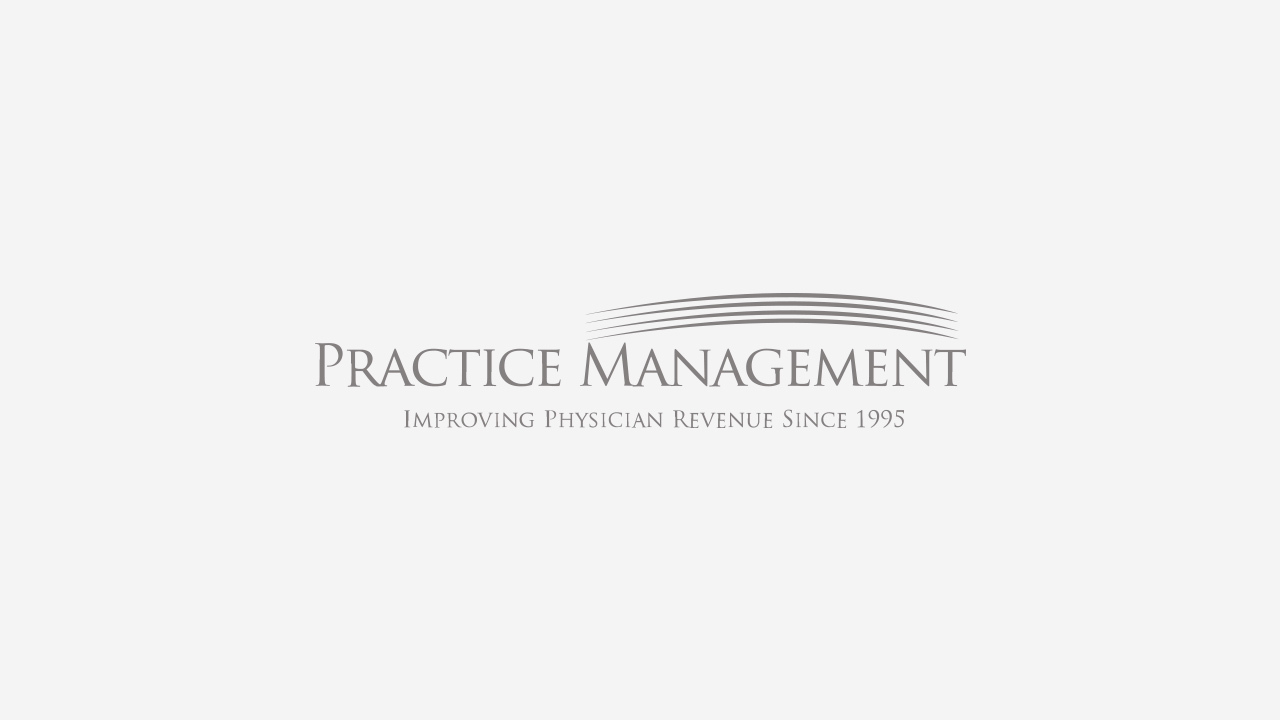
Unfortunately, during the height of the pandemic, many cybercriminals took advantage of the increased mobile device usage and remote employees. According to F5 Labs, phishing attempts rose an eye-opening 220%. Healthcare is not immune to this trend. In 2020, the Department of Health and Human Services reported that 42 percent of healthcare breaches were email-based. Finding the best methods to protect your practice from phishing scams is essential.
Phishing.org defines this cybercrime as “a target or targets are contacted by email, telephone or text message by someone posing as a legitimate institution to lure individuals into providing sensitive data such as personally identifiable information, banking, and credit card details, and passwords.” In other words, it’s nefarious individuals or groups pretending to be reputable in an attempt to steal your information. The best phishing scammers can make their attempts look very real. That’s why remaining vigilant is crucial.
It seems when we discuss cybersecurity, MFA is always front and center. And for good reason. When you employ the use of MFA, you can stop most forms of attacks cold. Why? Because a password alone isn’t enough to penetrate your defenses. If you haven’t done so yet, decide to start using this robust security protocol at your practice as soon as possible.
The best way to combat phishing attempts is to have a trained workforce. Consider hiring a consulting firm that can share its expertise with your employees. Devise a plan that makes it difficult for phishing scammers to get their hooks on your sensitive information. You want to prevent these attackers from gaining access because recovery from one of these attacks can be costly.
Stop phishing scammers right in their tracks with filters. Install phishing filters on email clients and browsers. These filters will catch most of the harmful information reaching your employees. However, they won’t catch everything. That’s why the first point is so essential. Your employees need proper training on how to differentiate legitimate correspondence versus harmful phishing attempts. When an attack does slip through a filter, your employees will be the last line of defense.
Combating issues like phishing scams can be time-consuming. That’s why delegating your billing and credentialing could be the best decision you made. Contact us today to discover how we can free up your time and optimize your revenue.